January 12 stands as one of history’s most eventful days, witnessing the rise and fall of empires, groundbreaking discoveries, and moments that shaped our modern world across centuries of human achievement.

Politics and Government Events on January 12
1932 – Hattie Caraway Becomes First Elected Woman Senator
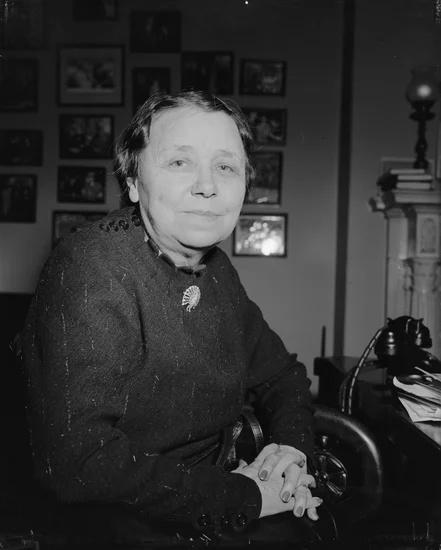
Hattie Caraway shattered political barriers by becoming the first woman elected to the United States Senate. Her historic victory opened doors for future generations of women in American politics.
The Arkansas Democrat’s groundbreaking achievement challenged traditional gender roles in governance. Caraway’s election marked a pivotal moment in women’s political participation during the early 20th century.
1964 – Zanzibar Revolution Begins
Rebels in Zanzibar launched a revolutionary uprising that would transform the island nation forever. The insurgents quickly proclaimed a republic, overthrowing centuries of Arab rule.
The revolution fundamentally altered East African politics and eventually led to Zanzibar’s union with Tanzania. This dramatic political transformation reshaped the region’s demographic and cultural landscape.
1976 – United Nations Recognizes Palestinian Participation
The United Nations Security Council voted 11-1 to allow Palestinian Liberation Organization participation in crucial debates. This landmark decision granted Palestinians unprecedented international recognition without voting rights.
The resolution marked a significant diplomatic victory for Palestinian self-determination efforts. International acknowledgment of Palestinian political representation shifted Middle Eastern diplomatic dynamics considerably.
1991 – Congress Authorizes Gulf War Military Action
The United States Congress formally authorized military force to expel Iraqi forces from Kuwait. This decisive vote legitimized American military intervention in the Persian Gulf conflict.
Congressional approval provided legal foundation for Operation Desert Storm’s massive military campaign. The authorization demonstrated unified American resolve against Iraqi aggression in the Middle East.
2012 – Romanian Austerity Protests Intensify

Violent demonstrations erupted across Romanian cities as protesters challenged President Traian Băsescu’s harsh economic policies. Clashes between demonstrators and law enforcement spread throughout multiple urban centers.
The widespread unrest reflected growing public frustration with government-imposed financial restrictions. These protests highlighted the social tensions created by European austerity measures during economic crisis.
Military and Naval History on January 12
1916 – German Aviators Earn Highest Military Honor

Oswald Boelcke and Max Immelmann became the first German aviators to receive the Pour le Mérite medal. These pioneering fighter pilots achieved eight aerial victories each against Allied aircraft.
Their exceptional combat performance established new standards for aerial warfare recognition. The prestigious military decoration acknowledged their crucial contributions to German aviation superiority during World War I.
1942 – Roosevelt Creates National War Labor Board
President Franklin D. Roosevelt established the National War Labor Board to manage wartime industrial relations. This crucial agency coordinated labor disputes during America’s massive military production effort.
The board balanced worker rights with urgent military manufacturing needs throughout World War II. Roosevelt’s initiative prevented labor strikes that could have crippled essential wartime production capabilities.
1945 – Red Army Launches Vistula-Oder Offensive
Soviet forces initiated their massive Vistula-Oder Offensive, advancing rapidly toward Nazi Germany’s heartland. This enormous military campaign marked the beginning of the Third Reich’s final collapse.
The offensive liberated vast territories from German occupation while driving toward Berlin. Soviet tactical superiority and overwhelming numerical advantage guaranteed this campaign’s devastating success against German defenses.
1962 – Operation Chopper Begins Vietnam War
American forces launched Operation Chopper, the first combat mission involving helicopter assaults in Vietnam. This pioneering military operation introduced revolutionary tactical warfare concepts to Southeast Asian conflict.
The helicopter-based assault strategy transformed modern battlefield tactics forever. Operation Chopper demonstrated American military innovation while escalating United States involvement in Vietnamese civil war.
1970 – Biafra Capitulates, Ending Nigerian Civil War
Biafran forces surrendered unconditionally, concluding the devastating Nigerian Civil War after three years of brutal conflict. This capitulation ended one of Africa’s most tragic humanitarian disasters.
The surrender reunified Nigeria while leaving deep ethnic and regional divisions unresolved. Biafra’s collapse marked the failure of African secessionist movements during the post-colonial period.
2015 – Cameroon Raids Kill Boko Haram Fighters
Government forces executed coordinated raids in Kolofata, Cameroon, eliminating 143 Boko Haram militants. These successful operations demonstrated regional cooperation against Islamic extremist movements.
The decisive military action disrupted terrorist networks operating across West African borders. Cameroon’s aggressive counterterrorism strategy proved effective in containing Boko Haram’s territorial expansion.
Science and Discovery Milestones on January 12
1967 – First Cryonic Preservation Performed
Dr. James Bedford became the first person cryonically preserved with intent of future resuscitation. This groundbreaking scientific experiment launched the modern cryonics movement.
Bedford’s preservation represented humanity’s bold attempt to conquer death through technological innovation. The controversial procedure sparked ongoing debates about life extension and resurrection possibilities.
2005 – Deep Impact Spacecraft Launches

NASA’s Deep Impact probe launched from Cape Canaveral aboard a Delta II rocket. This ambitious mission targeted Comet Tempel 1 for unprecedented scientific investigation.
The spacecraft carried revolutionary equipment designed to impact and analyze cometary composition. Deep Impact’s mission provided crucial insights into solar system formation and early cosmic history.
2007 – Comet McNaught Reaches Peak Visibility
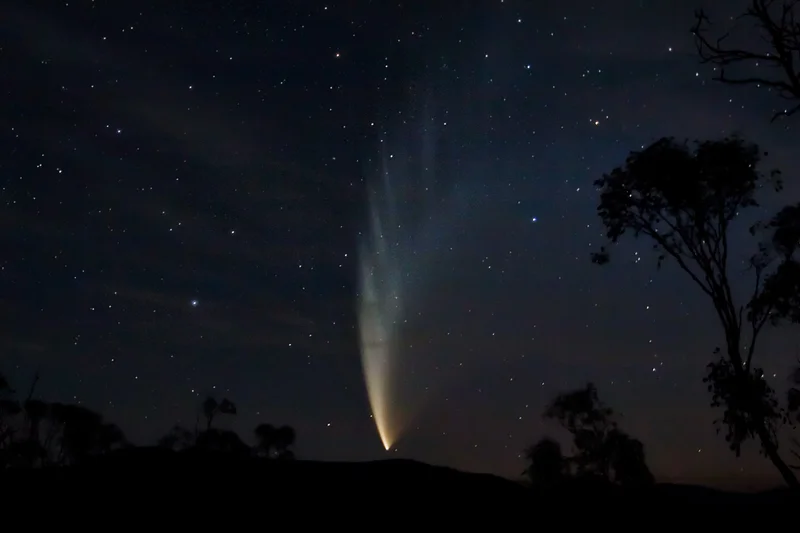
Comet C/2006 P1 (McNaught) reached its zenith, becoming one of the brightest comets ever observed. This spectacular celestial phenomenon remained visible even during daylight hours.
The comet’s extraordinary brightness captivated astronomers and stargazers worldwide. McNaught’s appearance provided exceptional opportunities for studying cometary structure and solar system dynamics.
2010 – Catastrophic Haiti Earthquake Strikes

A devastating 7.0 magnitude earthquake struck Haiti, killing between 220,000 and 300,000 people. The disaster destroyed much of Port-au-Prince and surrounding areas.
This catastrophic natural disaster highlighted Caribbean seismic vulnerability and inadequate building standards. The earthquake’s massive destruction prompted unprecedented international humanitarian response efforts.
2020 – Taal Volcano Erupts in Philippines

Taal Volcano experienced a major eruption, claiming 39 lives and displacing thousands of residents. The volcanic activity created massive ash clouds and pyroclastic flows.
The eruption demonstrated ongoing geological instability in the Pacific Ring of Fire. Emergency evacuation procedures saved countless lives despite the volcano’s sudden and violent activation.
Cultural and Arts Events on January 12
1976 – Agatha Christie Dies
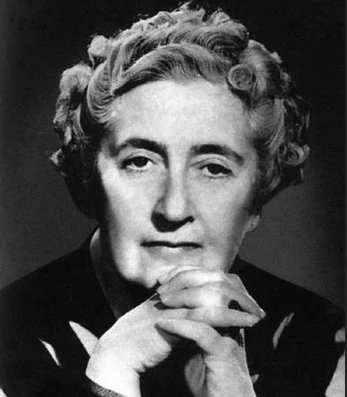
Agatha Christie, the world’s best-selling mystery novelist, passed away at age 85. Her ingenious detective stories featuring Hercule Poirot and Miss Marple revolutionized crime fiction.
Christie’s literary legacy includes over 66 detective novels and numerous short story collections. Her masterpieces continue influencing mystery writers and captivating readers across multiple generations worldwide.
2001 – Downtown Disney Opens
Downtown Disney opened to the public as part of the expanded Disneyland Resort in Anaheim, California. This entertainment district transformed the Disney experience beyond traditional theme parks.
The innovative shopping and dining complex bridged Disney’s magical world with contemporary entertainment. Downtown Disney’s success inspired similar developments at Disney properties worldwide.
2003 – Maurice Gibb Dies

Maurice Gibb, founding member of the Bee Gees, died at age 53 from complications following surgery. His distinctive harmonies and musical arrangements defined the disco era.
Gibb’s contributions to popular music included countless hits spanning multiple decades. The Bee Gees’ influence on dance music and film soundtracks remains unmatched in entertainment history.
2023 – Lisa Marie Presley Dies

Lisa Marie Presley, Elvis Presley’s daughter and accomplished singer-songwriter, died at age 54. Her musical career honored her father’s legacy while establishing her unique artistic voice.
Presley’s death marked the end of the direct Elvis bloodline connection. Her passing deeply affected fans who viewed her as the keeper of rock and roll’s royal heritage.
Religious and Social Events on January 12
1915 – Women’s Suffrage Amendment Rejected
The United States House of Representatives rejected a proposed constitutional amendment granting women voting rights. This setback temporarily delayed women’s suffrage progress nationwide.
The rejection galvanized women’s rights activists to intensify their political campaigns. Suffragettes redirected their efforts toward state-level victories that eventually secured the Nineteenth Amendment.
1933 – Casas Viejas Incident Occurs
Spanish Security and Assault Corps killed 22 peasants during the Casas Viejas incident. This tragic event highlighted growing social tensions in pre-Civil War Spain.
The massacre sparked widespread outrage against the Spanish Republic’s violent suppression tactics. Public reaction to Casas Viejas contributed to political instability that preceded Spanish Civil War.
1971 – Harrisburg Seven Indicted
Reverend Philip Berrigan and five anti-war activists faced federal charges for allegedly plotting to kidnap Henry Kissinger. The controversial indictment targeted prominent peace movement leaders.
The Harrisburg Seven case demonstrated government efforts to criminalize anti-Vietnam War activism. This high-profile prosecution revealed tensions between national security concerns and constitutional rights.
2006 – Hajj Stampede Kills Hundreds
A stampede during the Stoning of the Devil ritual killed at least 362 Muslim pilgrims in Mina, Saudi Arabia. This tragic accident occurred during Islam’s holiest pilgrimage.
The disaster prompted Saudi authorities to implement enhanced crowd control measures for future Hajj ceremonies. Improved safety protocols aimed to prevent similar tragedies during religious observances.
Business and Economic Events on January 12
1998 – European Nations Ban Human Cloning
Nineteen European nations reached agreement to prohibit human cloning research and development. This landmark accord established international ethical boundaries for genetic manipulation.
The ban reflected growing concerns about unregulated biotechnology advancement. European cooperation on cloning restrictions influenced global bioethics policies and research guidelines.
2001 – William Hewlett Dies
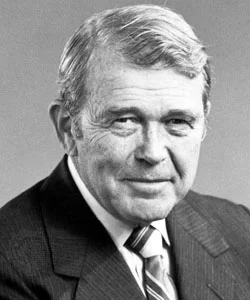
William Redington Hewlett, co-founder of Hewlett-Packard, died at age 87. His innovative engineering approach and business philosophy revolutionized technology industry practices.
Hewlett’s partnership with David Packard created Silicon Valley’s foundational corporate culture. Their company’s success established templates for modern technology entrepreneurship and management.
2004 – Queen Mary 2 Maiden Voyage
The world’s largest ocean liner, RMS Queen Mary 2, embarked on its maiden voyage. This magnificent vessel represented the pinnacle of modern cruise ship engineering and luxury.
Queen Mary 2’s launch revitalized transatlantic passenger service after decades of decline. The ship’s advanced technology and elegant design attracted international attention to ocean travel.
Transportation and Infrastructure on January 12
1955 – Mid-Air Collision Over Kentucky
A Martin 2-0-2 aircraft and Douglas DC-3 collided over Boone County, Kentucky, killing 15 people. This tragic accident highlighted growing aviation safety concerns during commercial flight expansion.
The collision prompted enhanced air traffic control procedures and aircraft separation protocols. Aviation authorities implemented stricter flight path regulations to prevent similar mid-air disasters.
1986 – Congressman Nelson Launches on Space Shuttle
Congressman Bill Nelson lifted off from Kennedy Space Center aboard Columbia on mission STS-61-C. The future NASA Administrator served as a payload specialist during this historic flight.
Nelson’s space mission demonstrated political commitment to America’s space program. His experience as both astronaut and legislator provided unique perspectives on space exploration funding.
1997 – Atlantis Launches to Mir Space Station
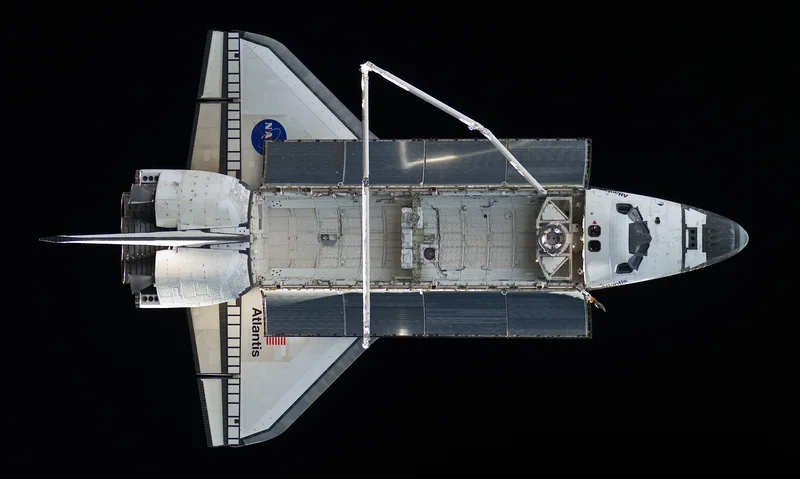
Space Shuttle Atlantis launched on mission STS-81 to the Russian space station Mir. Astronaut Jerry M. Linenger began his four-month stay, replacing John E. Blaha.
This mission represented crucial international cooperation in space exploration. American-Russian partnership aboard Mir laid groundwork for future International Space Station collaboration.
Sports and Recreation on January 12
1969 – Jets Defeat Colts in Super Bowl III
The New York Jets stunned the Baltimore Colts 16-7 in Super Bowl III, achieving one of sports history’s greatest upsets. Joe Namath’s legendary performance validated the American Football League’s legitimacy.
The Jets’ victory proved AFL teams could compete with established NFL powerhouses. This historic upset fundamentally changed professional football’s competitive landscape and merger negotiations.
1983 – Nikolai Podgorny Dies
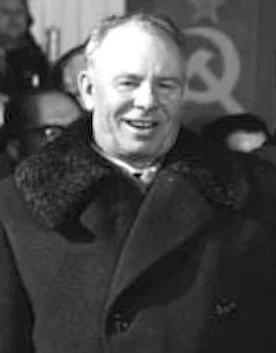
Nikolai Podgorny, former Chairman of the Presidium of the Supreme Soviet, died at age 79. His political career spanned crucial decades of Soviet Union development.
Podgorny’s leadership during the Brezhnev era influenced Soviet domestic and foreign policy. His death marked the passing of a generation that shaped Cold War dynamics.
2011 – Joe Frazier Dies

Joe Frazier, legendary heavyweight boxing champion, died at age 67 from liver cancer. His epic trilogy with Muhammad Ali defined heavyweight boxing’s golden era.
Frazier’s relentless fighting style and Olympic gold medal established his boxing immortality. “Smokin’ Joe” remains one of heavyweight division’s most respected and feared competitors.
Notable Births on January 12
1964 – Jeff Bezos Born

Jeff Bezos, future Amazon founder and world’s richest person, was born in Albuquerque, New Mexico. His entrepreneurial vision would revolutionize global commerce and space exploration.
Bezos transformed online retail from a novel concept into dominant commercial force. His innovations in e-commerce, cloud computing, and logistics reshaped modern business practices.
1951 – Howard Stern Born

Howard Stern, controversial radio personality and media mogul, was born in Jackson Heights, New York. His provocative broadcasting style redefined talk radio entertainment.
Stern’s irreverent humor and boundary-pushing content attracted massive audiences while generating significant controversy. His influence on modern media extends far beyond traditional radio broadcasting.
1949 – Haruki Murakami Born

Haruki Murakami, internationally acclaimed Japanese novelist, was born in Kyoto. His surreal storytelling and unique narrative style captivated global literary audiences.
Murakami’s works blend contemporary Japanese culture with universal themes of alienation and identity. His novels have been translated into dozens of languages worldwide.
1944 – Joe Frazier Born
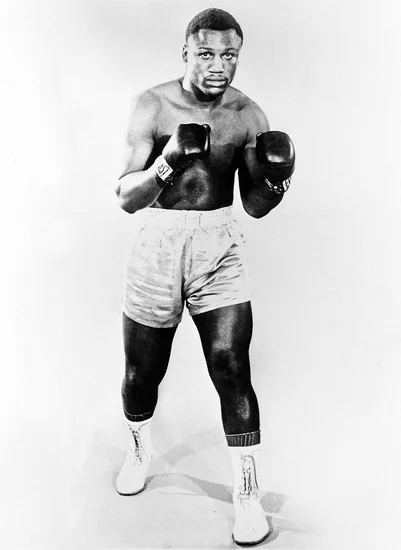
Joe Frazier, future heavyweight boxing champion, was born in Beaufort, South Carolina. His powerful left hook and relentless fighting style would define boxing’s golden age.
Frazier’s Olympic gold medal and professional championship victories established his boxing legacy. His legendary rivalry with Muhammad Ali produced three of boxing’s greatest fights.
1959 – Per Gessle Born

Per Gessle, Swedish musician and Roxette co-founder, was born in Halmstad, Sweden. His pop compositions achieved massive international success during the 1980s and 1990s.
Gessle’s partnership with Marie Fredriksson created numerous chart-topping hits worldwide. Roxette’s melodic pop-rock sound influenced countless musicians across multiple generations.
1960 – Dominique Wilkins Born

Dominique Wilkins, NBA legend known as “The Human Highlight Film,” was born in Paris, France. His spectacular dunking ability and athletic prowess thrilled basketball fans worldwide.
Wilkins’ high-flying style and competitive spirit defined 1980s NBA basketball. His scoring achievements and slam dunk championships established him among basketball’s greatest players.
1958 – Christiane Amanpour Born

Christiane Amanpour, renowned international journalist and news anchor, was born in London, England. Her fearless war reporting and global perspective shaped modern journalism.
Amanpour’s coverage of international conflicts brought distant events into American living rooms. Her dedication to truth-telling journalism earned worldwide respect and numerous awards.
1903 – Igor Kurchatov Born
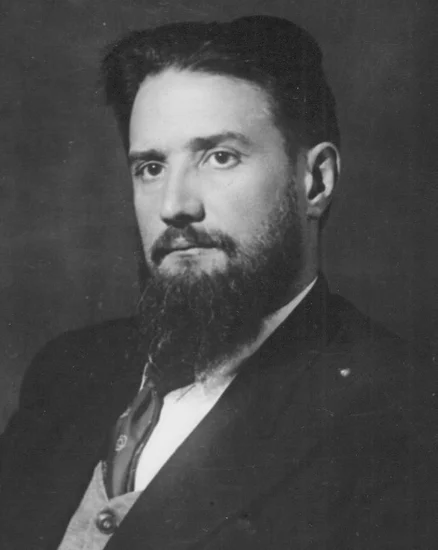
Igor Kurchatov, Soviet nuclear physicist and father of Soviet atomic bomb, was born in Sim, Russia. His scientific leadership established the Soviet Union as nuclear superpower.
Kurchatov’s research achievements matched American nuclear development during the Cold War. His contributions to nuclear science fundamentally altered global political and military dynamics.
Notable Deaths on January 12
1976 – Agatha Christie Dies

Agatha Christie, world’s best-selling mystery novelist, died at age 85 in Wallingford, England. Her detective fiction revolutionized crime literature and entertained millions globally.
Christie’s ingenious plots featuring Hercule Poirot and Miss Marple established enduring literary classics. Her works continue influencing mystery writers and captivating readers across generations.
2003 – Maurice Gibb Dies

Maurice Gibb, Bee Gees founding member, died at age 53 from surgical complications. His musical arrangements and distinctive harmonies defined the disco era.
Gibb’s contributions to popular music spanned multiple decades and musical styles. The Bee Gees’ influence on dance music and film soundtracks remains unmatched.
2001 – William Hewlett Dies

William Redington Hewlett, Hewlett-Packard co-founder, died at age 87 in Palo Alto, California. His engineering innovations and business philosophy revolutionized technology industry practices.
Hewlett’s partnership with David Packard created Silicon Valley’s foundational corporate culture. Their company’s success established templates for modern technology entrepreneurship.
2023 – Lisa Marie Presley Dies

Lisa Marie Presley, Elvis Presley’s daughter and accomplished singer-songwriter, died at age 54 in Los Angeles. Her musical career honored her father’s legacy while establishing unique artistic voice.
Presley’s death marked the end of direct Elvis bloodline connection. Her passing deeply affected fans who viewed her as keeper of rock and roll’s royal heritage.
1960 – Nevil Shute Dies
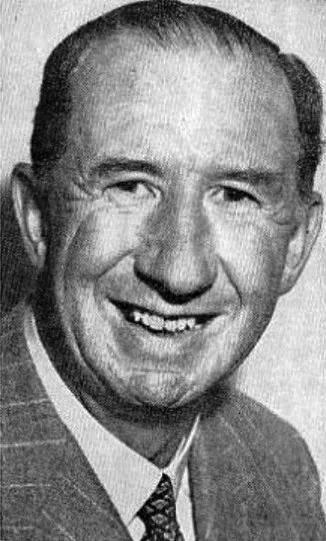
Nevil Shute, English engineer and bestselling novelist, died at age 60 in Melbourne, Australia. His aviation background informed compelling novels about technology and human nature.
Shute’s works including “On the Beach” and “A Town Like Alice” became international bestsellers. His storytelling combined technical expertise with deep understanding of human character.
2007 – Alice Coltrane Dies
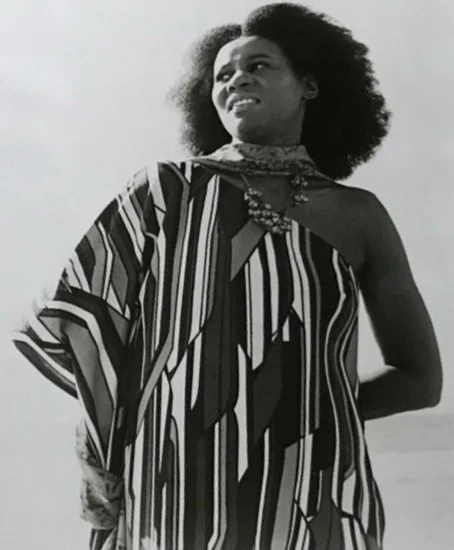
Alice Coltrane, innovative jazz pianist and composer, died at age 69 in Los Angeles. Her spiritual jazz compositions and harp playing expanded musical boundaries.
Coltrane’s avant-garde approach to jazz incorporated Eastern philosophical and musical elements. Her artistic legacy influenced countless musicians exploring spiritual and experimental music.
1909 – Hermann Minkowski Dies
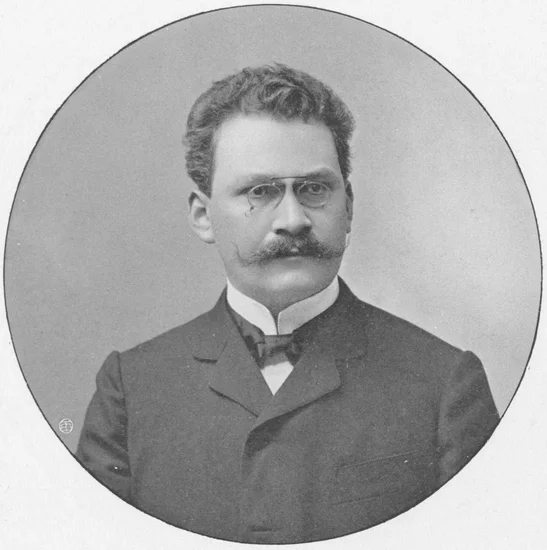
Hermann Minkowski, Lithuanian-German mathematician, died at age 44 in Göttingen, Germany. His geometric interpretation of space-time theory supported Einstein’s relativity concepts.
Minkowski’s mathematical contributions provided crucial foundation for modern physics understanding. His work on four-dimensional space-time geometry revolutionized theoretical physics.
2002 – Cyrus Vance Dies
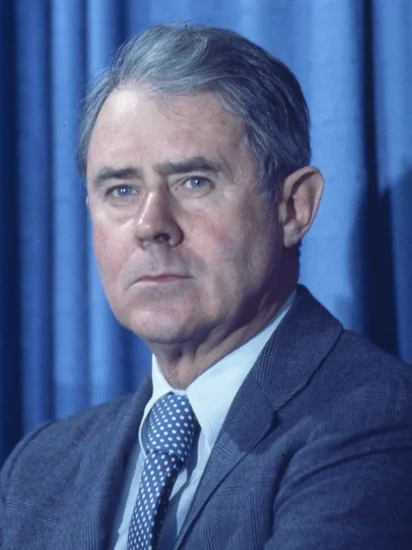
Cyrus Vance, former U.S. Secretary of State, died at age 84 in New York City. His diplomatic career included crucial negotiations during Cold War tensions.
Vance’s commitment to peaceful conflict resolution guided American foreign policy during critical international crises. His diplomatic achievements helped maintain global stability.
Holidays and Observances on January 12
National Youth Day (India)
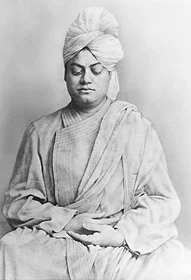
India celebrates National Youth Day annually on January 12 to honor young people’s contributions to society. This observance encourages youth participation in national development and social progress.
The holiday features educational programs, cultural events, and youth-focused initiatives across Indian states. National Youth Day promotes civic engagement and leadership development among India’s younger generation.
Zanzibar Revolution Day (Tanzania)
Tanzania commemorates Zanzibar Revolution Day on January 12, marking the 1964 uprising that overthrew the Sultan. This national holiday celebrates the islands’ liberation from Arab rule.
The observance includes official ceremonies, cultural performances, and historical exhibitions. Zanzibar Revolution Day reinforces Tanzanian national unity and revolutionary heritage.
Memorial Day (Turkmenistan)
Turkmenistan observes Memorial Day on January 12 to honor victims of natural disasters and conflicts. This solemn occasion remembers those who lost their lives in national tragedies.
The holiday features memorial services, wreath-laying ceremonies, and moments of silence. Memorial Day reinforces national solidarity and remembrance of historical sacrifices.
